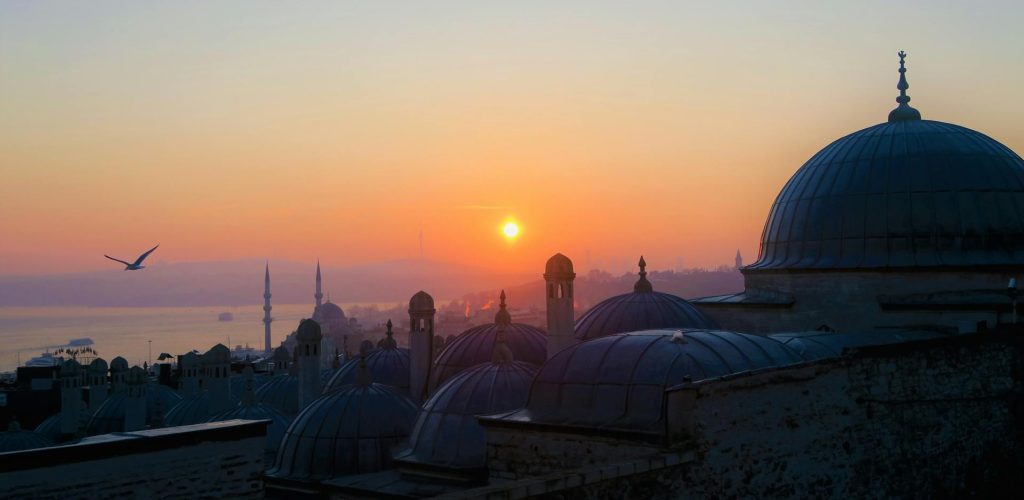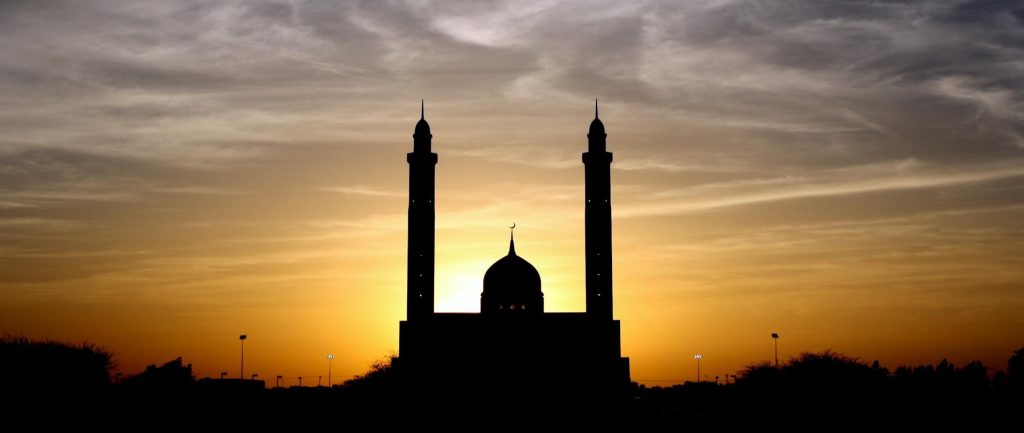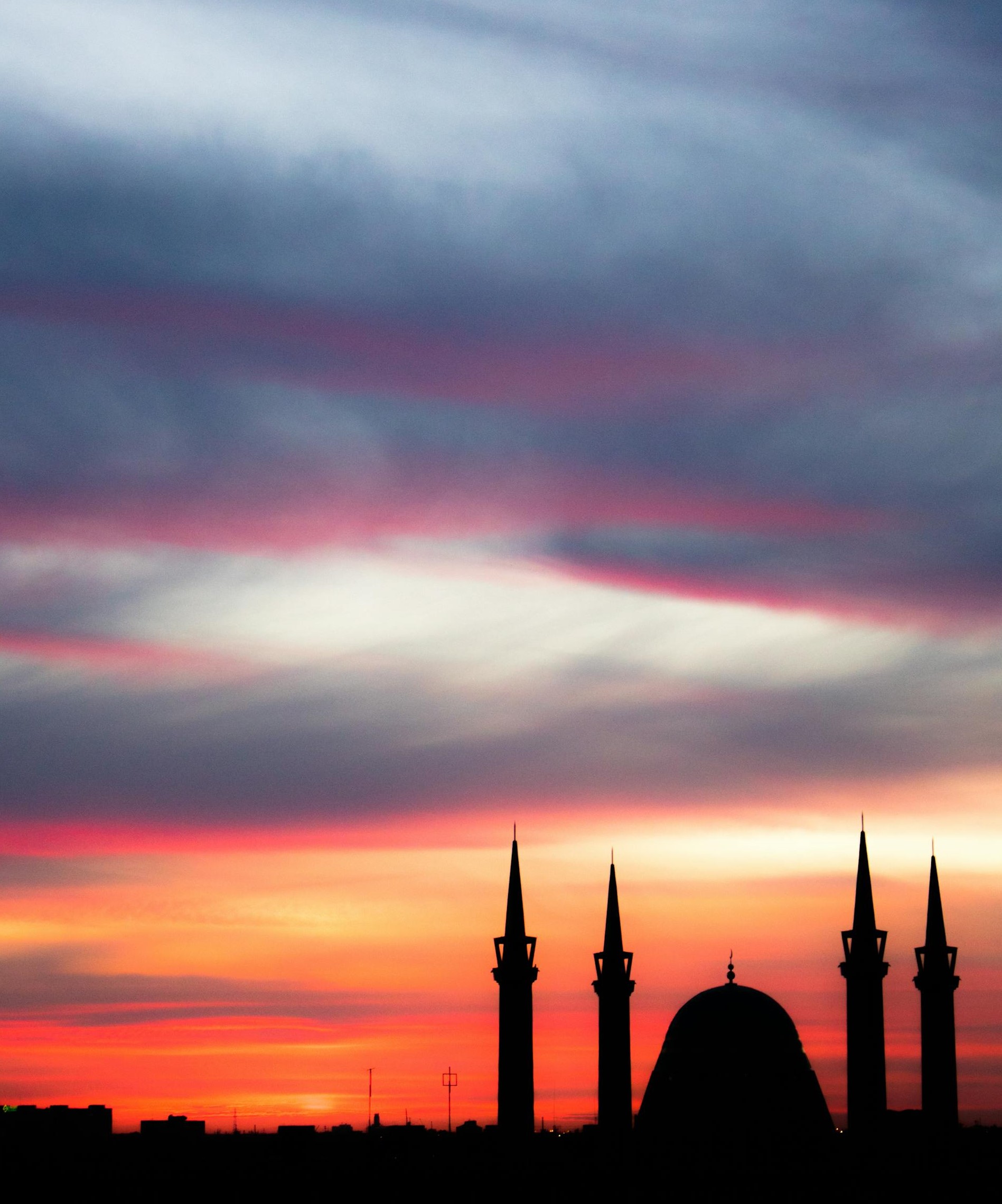Ramadan, the ninth month of the Islamic lunar calendar, is a time of spiritual significance for Muslims around the world. Lasting for 29 or 30 days, it is observed as a period of fasting, prayer, reflection, and community. For over a billion Muslims, Ramadan is not just a month on the calendar but a deeply cherished tradition that embodies the essence of faith, discipline, and selflessness.
Fasting during Ramadan is one of the Five Pillars of Islam, which are the foundation of a Muslim’s faith and practice. From dawn until sunset, Muslims abstain from food, drink, smoking, and other physical needs as an act of worship and obedience to Allah (God). This practice serves to purify the soul, cultivate self-discipline, and empathize with the less fortunate.

The pre-dawn meal, known as Suhoor, is consumed before the Fajr prayer, marking the beginning of the fasting day. It typically consists of nutritious foods to sustain individuals throughout the day. As the sun sets, families gather for Iftar, the evening meal to break the fast. Traditionally, dates and water are the first items consumed, followed by a variety of delicious dishes reflecting the diverse culinary traditions of Muslim cultures.
Beyond the physical act of fasting, Ramadan is a time for spiritual introspection and increased devotion. Muslims engage in extra prayers, recitation of the Quran, and acts of charity throughout the month. The Quran, Islam’s holy scripture, was first revealed to the Prophet Muhammad during Ramadan, making it a particularly auspicious time for reflection on its teachings and guidance.
Charitable giving, or Zakat, is another integral aspect of Ramadan. Muslims are encouraged to donate a portion of their wealth to those in need, reinforcing the values of compassion, generosity, and solidarity with the less fortunate. This collective effort to alleviate suffering and support the community strengthens bonds of kinship and fosters a sense of social responsibility.
Moreover, Ramadan fosters a spirit of unity and communal bonding. Families and friends come together to share meals, offer prayers, and engage in acts of worship. Mosques become bustling centers of activity, hosting nightly Taraweeh prayers and Quranic recitations. The sense of camaraderie and shared purpose during Ramadan creates a profound sense of belonging and solidarity among Muslims worldwide.

Ramadan also serves as a time for self-improvement and personal growth. Fasting encourages individuals to cultivate patience, gratitude, and resilience in the face of challenges. By abstaining from worldly distractions, Muslims strive to deepen their connection with Allah and strengthen their resolve to live virtuously beyond the month of Ramadan.
However, Ramadan is not without its challenges. Fasting from dawn to sunset can be physically demanding, particularly in regions with long daylight hours or extreme temperatures. Additionally, balancing work, school, and other responsibilities with the rigors of fasting and increased religious observance requires careful time management and prioritization.
Furthermore, Muslims living in non-Muslim-majority countries may face additional challenges, such as navigating societal expectations and accommodating their religious practices in diverse cultural contexts. However, these challenges also present opportunities for dialogue, understanding, and mutual respect among people of different faiths and backgrounds.
In conclusion, Ramadan is a sacred journey of fasting, reflection, and community for Muslims worldwide. It is a time of spiritual renewal, self-discipline, and compassion, embodying the core values of Islam. Through fasting, prayer, and acts of charity, Muslims strive to deepen their faith, strengthen their bonds with others, and cultivate a greater sense of empathy and solidarity. As the crescent moon heralds the arrival of Ramadan each year, Muslims embark on this transformative journey with hearts full of devotion and gratitude, seeking Allah’s mercy and blessings.



